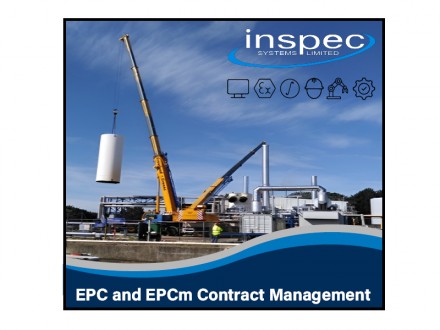EPC or EPCm?
Which form of contract do you typically use and why?
Do you know the key differences between EPC and EPCm?
Careful consideration should always be given to which contract should be used based on the scope of a project, complexity, cost and how much control the project owner wishes to retain.
While both contract approaches sound very similar, there are crucial differences that must be considered before deciding which form of contract is most suited to your project.
Choosing the wrong contract could have significant consequences that negatively impact a project in respect of cost, control, and delivery.
An EPC (Engineering, Procurement, and Construction) contract has one clear project owner, generally known as the EPC Contractor.
The EPC Contractor is responsible for the entire project from design, procurement, delivery, and hand-over; they will accept the responsibility and associated risks of the project, working to the agreed specifications and standards.
They will become the single point of contact with all communication going through the EPC Contractor. They will make the decisions, control the budget, and ensure the project is delivered on-time. Ultimately, it falls to the EPC Contractor to ensure the smooth and successful delivery.
An EPCm (Engineering, Procurement, and Construction Management) contract is different in that the Client will be much more involved in the project. The Client will retain high levels of control and risks will be shared between both Client and Contractor. The Client will also be involved in decision making, procurement and cost implications and timings. Here, the contractor delivers construction management services, with the Client retaining design and procurement responsibilities and ultimately accountability for the construction work from a technical standpoint.
In essence an EPC contract results in the contractor providing a turnkey solution taking responsibility for the design, procurement, and construction of a project. Typically, an EPCm contract sees the Client retain responsibility for the design and procurement with the contractor overseeing the construction.
The decision on which approach to take usually depends upon the Clients in house competencies and resources, against their financial appetite and willingness to pay others to accept risk on their behalf.
Contracts can, however, be complicated, and we have provided only a very basic overview and comparison between the EPC and EPCm. Which form of contract to use (such as NEC, JCT) adds further complexity to a process already littered with pitfalls.
We have experience in working under both EPC and EPCm agreements against different contract arrangements and would be pleased to discuss how we can help you deliver your future projects.















